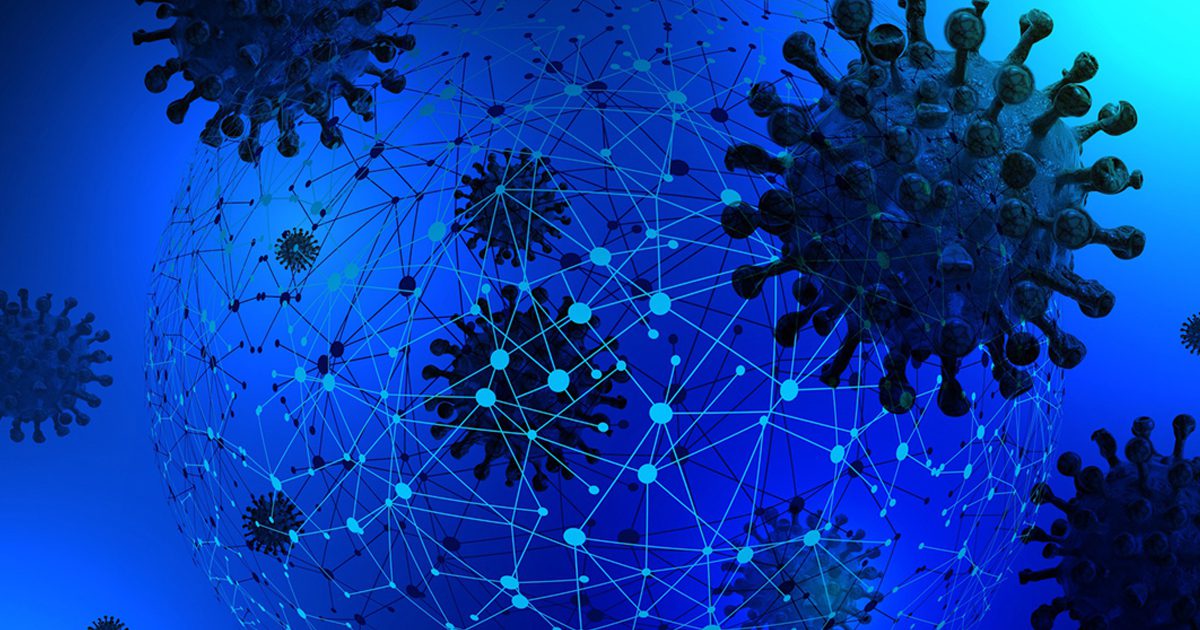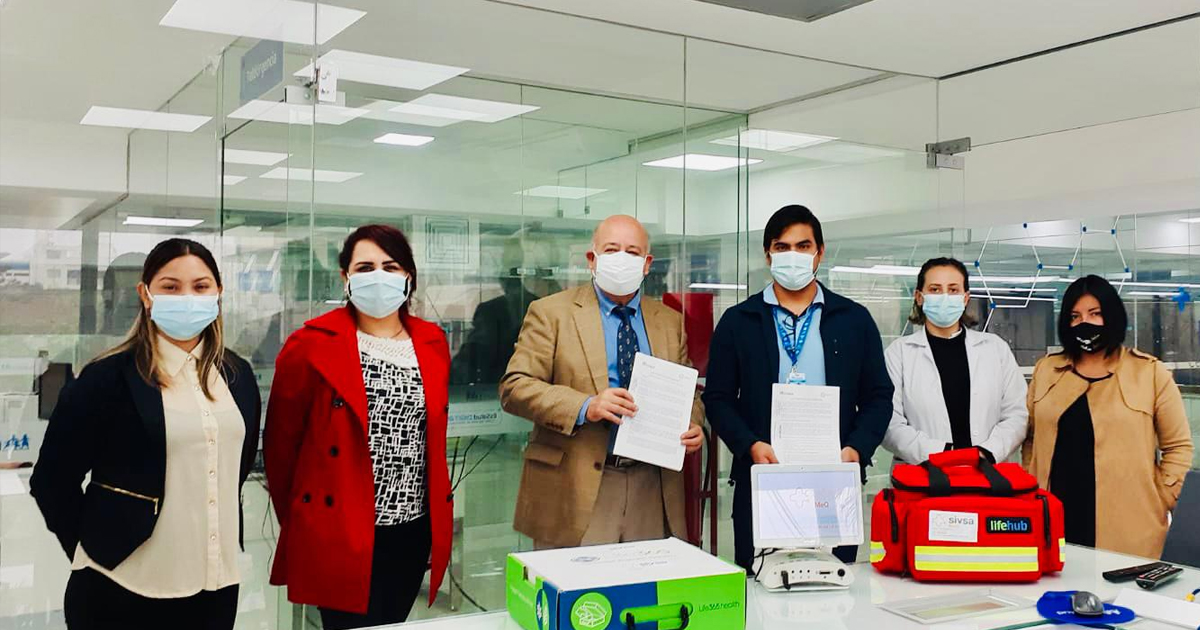Michigan State University is developing an Artificial Intelligence (AI) model, which seeks to forecast the impact of new waves of COVID-19 and its variants.
The National Institutes of Health (NIH) awarded $2.7 million to researchers at Michigan State University (MSU) to continue developing an AI algorithm to predict key aspects of the evolution of COVID-19, its variants, and others. virus. This project is led by Guowei Wei, an AI and COVID-19 specialist, and virologist Yong-Hui Zheng.
The models have already shown that they can make accurate predictions about new variants of SARS-CoV-2 and other viruses. Now they are looking to make improvements that enhance their performance: “What we are doing is making our predictions more accurate and timely. And now our work is not only for COVID, but also for many other viral infections,” explained Wei, who has led various NIH-funded projects.

This breakthrough could help develop new vaccines and therapies, as well as improve their effectiveness. In addition, they would be "universal" and "evolution-proof" treatments against infectious diseases and viral diseases such as the flu, HIV or COVID-19.
“HIV, Ebola, influenza, coronavirus: they are all different viruses, but they share common characteristics,” said Zheng, who also explained that knowing how to attack one can lead to conclusions about how to attack the other viruses.
The objective of this initiative is to have better tools and greater preparation for any infectious disease in the future and reduce the risk of a pandemic.






